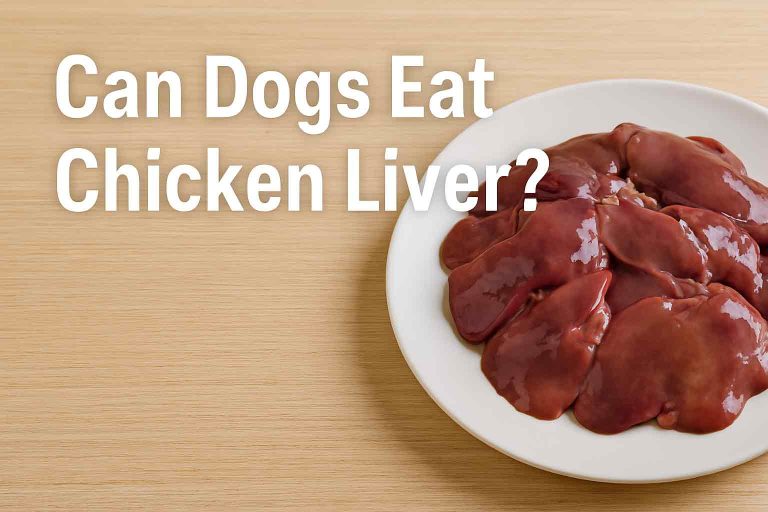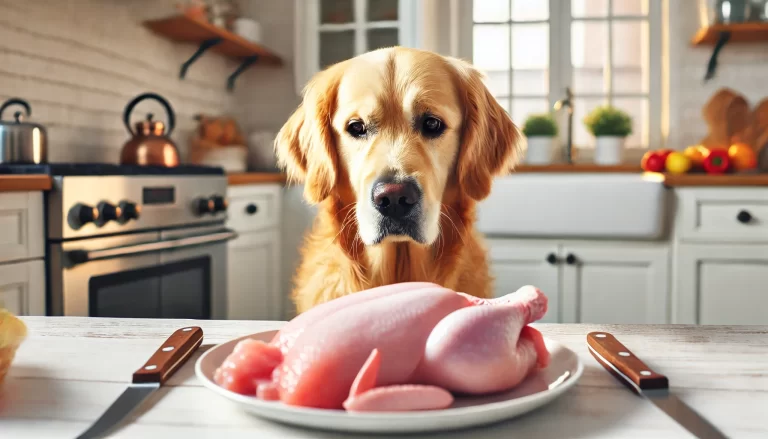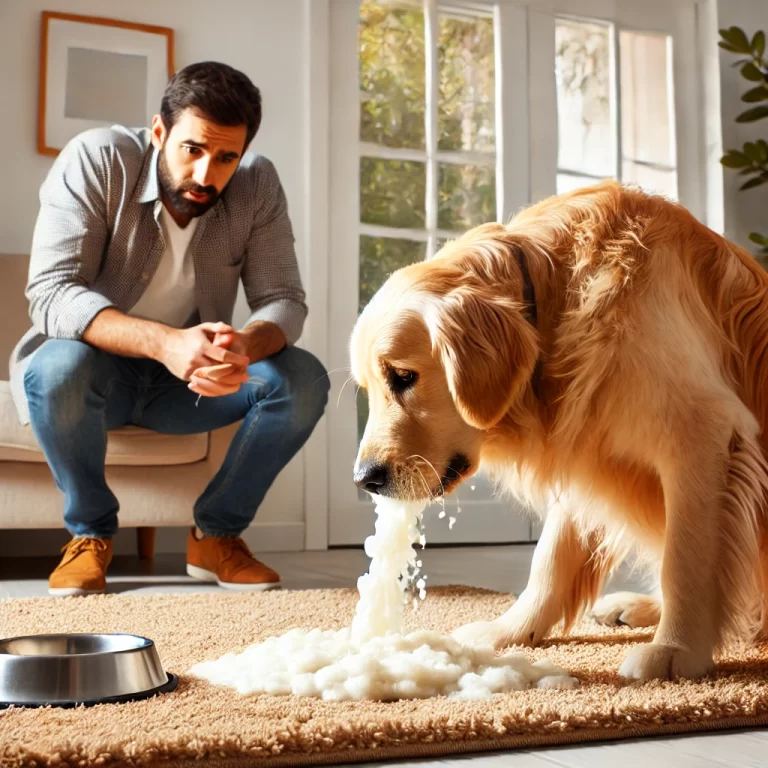Can Dogs Eat Marshmallows? A Complete Guide for Pet Owners
Introduction
As dog owners, we often find ourselves wondering if certain human foods are safe for our furry companions. One such treat that many people enjoy is marshmallows. But can dogs eat marshmallows? Are they safe, or could they pose a health risk? In this comprehensive guide, we will explore whether marshmallows are good for dogs, their potential risks, and what alternatives might be better suited for your pet.
Are Marshmallows Safe for Dogs?
The short answer is no, marshmallows are not a healthy treat for dogs. While a small amount may not be immediately harmful, marshmallows contain high amounts of sugar and sometimes artificial sweeteners, which can be dangerous to dogs.
Ingredients in Marshmallows
Marshmallows are primarily made from:
-
Sugar – Excess sugar consumption can lead to obesity, diabetes, and dental problems in dogs.
-
Corn syrup – Another form of sugar that offers no nutritional benefit to dogs.
-
Gelatin – This is the only ingredient in marshmallows that is safe for dogs and even beneficial in some cases.
-
Artificial flavors and colors – Some artificial additives can cause allergic reactions or digestive issues.
-
Xylitol (in sugar-free marshmallows) – Extremely toxic to dogs and can cause a rapid drop in blood sugar, leading to seizures or even death.
Conclusion: While plain marshmallows without xylitol are not immediately toxic, they still provide no nutritional value and can cause health issues if consumed in excess.
The Dangers of Marshmallows for Dogs
1. High Sugar Content
Dogs don’t process sugar the same way humans do. Excess sugar can lead to:
-
Weight gain and obesity
-
Diabetes
-
Tooth decay and gum disease
-
Hyperactivity followed by energy crashes
2. Risk of Xylitol Poisoning
Xylitol is an artificial sweetener found in many sugar-free marshmallows and is highly toxic to dogs. Even a small amount can cause:
-
Hypoglycemia (low blood sugar)
-
Liver failure
-
Seizures
-
Coma or death
3. Choking Hazard
Marshmallows have a soft, sticky texture that can pose a choking hazard, especially for small dogs or puppies. If a marshmallow gets lodged in your dog’s throat, it can obstruct their airway.
4. Digestive Issues
Eating too many marshmallows can cause stomach upset, bloating, gas, and diarrhea in dogs. Since dogs’ digestive systems are not designed to process high amounts of sugar, their stomachs may react negatively.
What to Do If Your Dog Eats Marshmallows
If your dog eats one or two plain marshmallows, they will likely be fine. However, if they consume a large quantity or marshmallows containing xylitol, take the following steps:
-
Check the ingredients – Look at the packaging to determine if the marshmallows contain xylitol.
-
Monitor your dog – Watch for symptoms like vomiting, diarrhea, weakness, or seizures.
-
Contact your veterinarian – If you suspect xylitol poisoning or your dog has eaten a large amount, call your vet immediately.
-
Provide water – If your dog has an upset stomach, make sure they stay hydrated.
Healthy Alternatives to Marshmallows for Dogs
Instead of feeding your dog marshmallows, consider these dog-friendly treats that are both safe and nutritious:
-
Frozen Bananas – A naturally sweet treat rich in potassium and fiber.
-
Apples (without seeds) – A crunchy, vitamin-rich snack.
-
Carrot Sticks – Great for dental health and low in calories.
-
Plain Popcorn (unsalted, unbuttered) – A light, crunchy treat for dogs.
-
Homemade Dog Treats – Try baking treats with peanut butter, pumpkin, or oats.
Pro Tip: If you want to give your dog a special treat, make homemade dog-friendly marshmallows using plain gelatin and unsweetened coconut milk.

Frequently Asked Questions
1. Can dogs eat sugar-free marshmallows?
No! Sugar-free marshmallows often contain xylitol, which is extremely toxic to dogs and can be fatal even in small amounts.
2. What if my dog accidentally ate a marshmallow?
If it was just one or two plain marshmallows, your dog will likely be fine. Just monitor them for any signs of discomfort. If they ate marshmallows with xylitol, call your vet immediately.
3. Can puppies eat marshmallows?
No, puppies have even more sensitive digestive systems than adult dogs and should not eat marshmallows.
4. Are homemade marshmallows safe for dogs?
Homemade marshmallows without sugar or artificial sweeteners can be safer, but it’s best to stick to healthier treats.
Final Verdict: Should You Give Your Dog Marshmallows?
No, dogs should not eat marshmallows. While a small amount of plain marshmallow is not toxic, the high sugar content and potential xylitol poisoning risk make them a poor choice for dogs. Instead, opt for natural, dog-friendly treats that provide nutritional benefits.
If your dog accidentally eats marshmallows, check the ingredients and monitor their health closely. When in doubt, always consult your veterinarian.
Would you like some healthy homemade dog treat recipes? Let me know in the comments!







